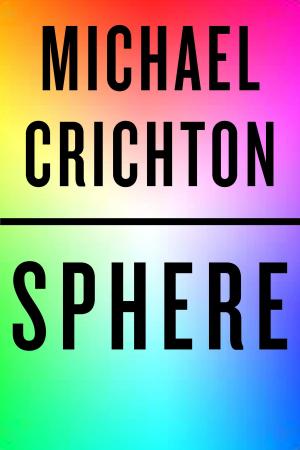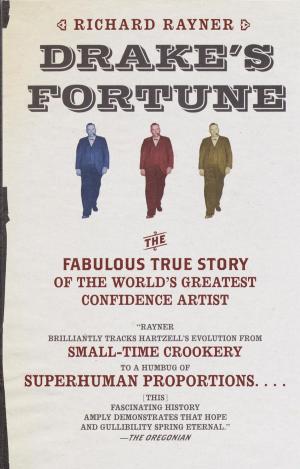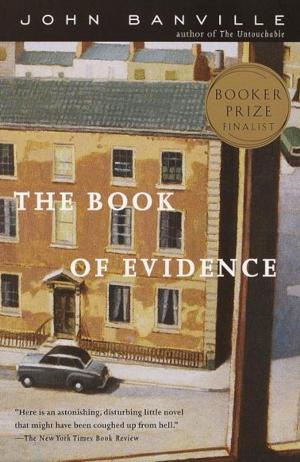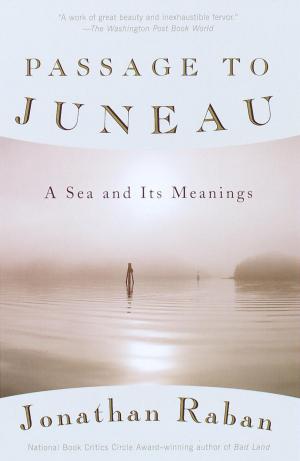FROM EROS TO GAIA
Nonfiction, Science & Nature, Science, Other Sciences, Philosophy & Social Aspects, History| Author: | Freeman Dyson | ISBN: | 9780307831026 |
| Publisher: | Knopf Doubleday Publishing Group | Publication: | July 10, 2013 |
| Imprint: | Pantheon | Language: | English |
| Author: | Freeman Dyson |
| ISBN: | 9780307831026 |
| Publisher: | Knopf Doubleday Publishing Group |
| Publication: | July 10, 2013 |
| Imprint: | Pantheon |
| Language: | English |
Readers of Freeman Dyson’s previous books, Disturbing the Universe, Weapons and Hope, and Infinite in All Directions, have discovered for themselves what Dyson reveals here: that he was a writer long before he became a distinguished scientist.
The aim of this new book, as Dyson says, is to open windows, to let the experts inside the temple of science see out, and to let the ordinary citizens outside see in.” In this process an immensely broad range of ideas, people, contemporary history, and discoveries of many sorts pass in review.
Beginning with a piece of writing he did as a child and ending with recent work, he goes from Eros, the god or youthful passion, to Gaia, the fertile life-giving mother-planet Earth. The pilgrimage is a good metaphor for the life of a writer.
This book is full of discoveries. In the company of one of the most lucid minds of our time, one approaches great men and problems central to our common existence. Always there is warmth, kindness, high intelligence and humor. Dyson is intimate with both science and man.
Whether he is dealing with the problems of physics or politics, whether he is engrossed in astronomy or literature, whether he is concentrating on an African village of space science, Dyson’s view is always “infinite in all directions,” always following the path of diversity, always keeping his eye on the wonder of our earth and the health and happiness of its inhabitants.
Readers of Freeman Dyson’s previous books, Disturbing the Universe, Weapons and Hope, and Infinite in All Directions, have discovered for themselves what Dyson reveals here: that he was a writer long before he became a distinguished scientist.
The aim of this new book, as Dyson says, is to open windows, to let the experts inside the temple of science see out, and to let the ordinary citizens outside see in.” In this process an immensely broad range of ideas, people, contemporary history, and discoveries of many sorts pass in review.
Beginning with a piece of writing he did as a child and ending with recent work, he goes from Eros, the god or youthful passion, to Gaia, the fertile life-giving mother-planet Earth. The pilgrimage is a good metaphor for the life of a writer.
This book is full of discoveries. In the company of one of the most lucid minds of our time, one approaches great men and problems central to our common existence. Always there is warmth, kindness, high intelligence and humor. Dyson is intimate with both science and man.
Whether he is dealing with the problems of physics or politics, whether he is engrossed in astronomy or literature, whether he is concentrating on an African village of space science, Dyson’s view is always “infinite in all directions,” always following the path of diversity, always keeping his eye on the wonder of our earth and the health and happiness of its inhabitants.















